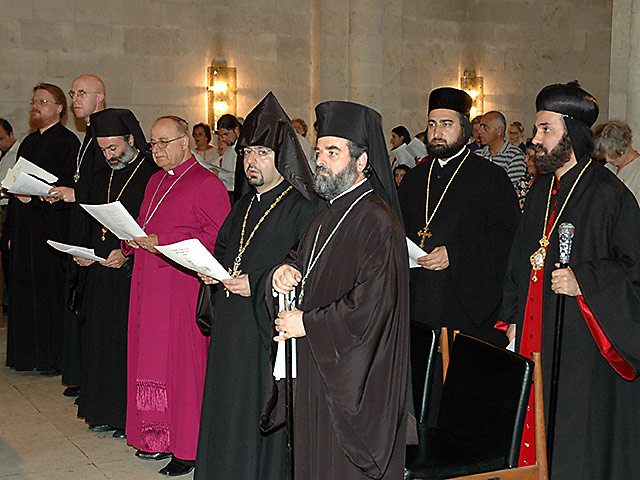This will be my last piece in a discussion on Christians in government in a pluralistic society. So, let us look back at our founding a moment. Much too much time, paper, and ink have been used on debating whether or not this country was founded as a Christian country. All the research appears to […]
Christians in government in a pluralistic society — part 3
http://economiacircularverde.com/que-es-la-economia-circular/ · by 3 Comments





